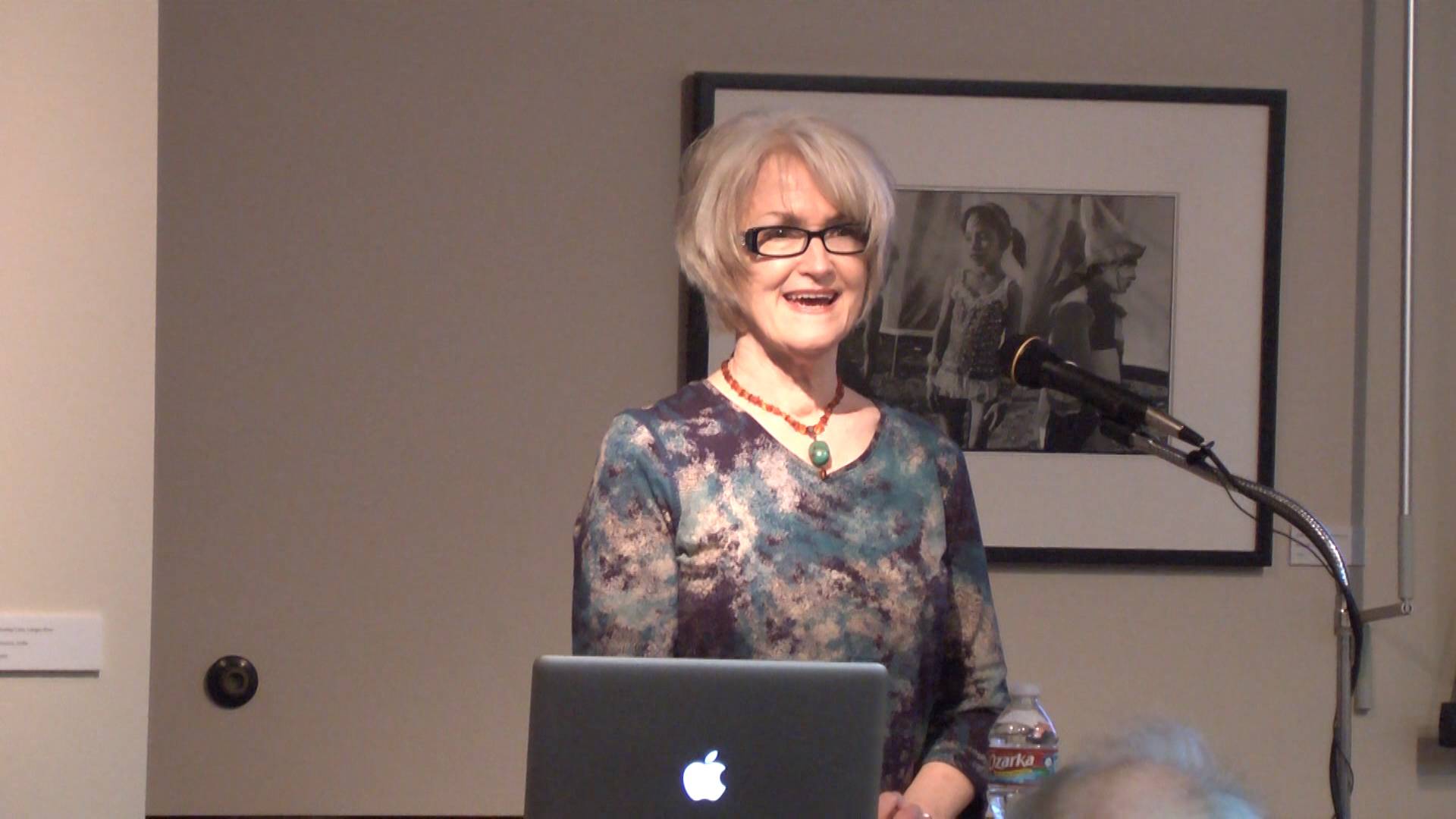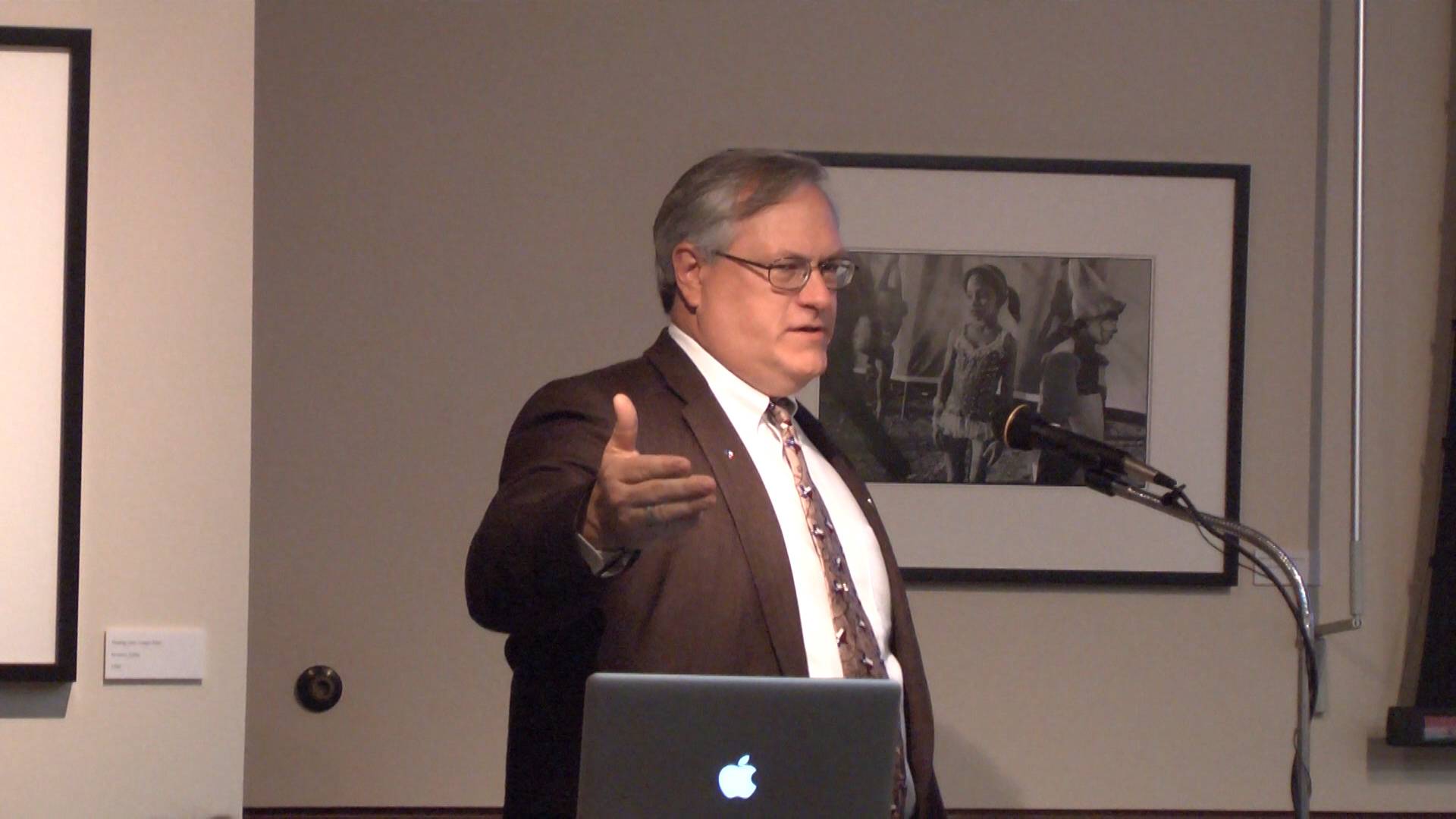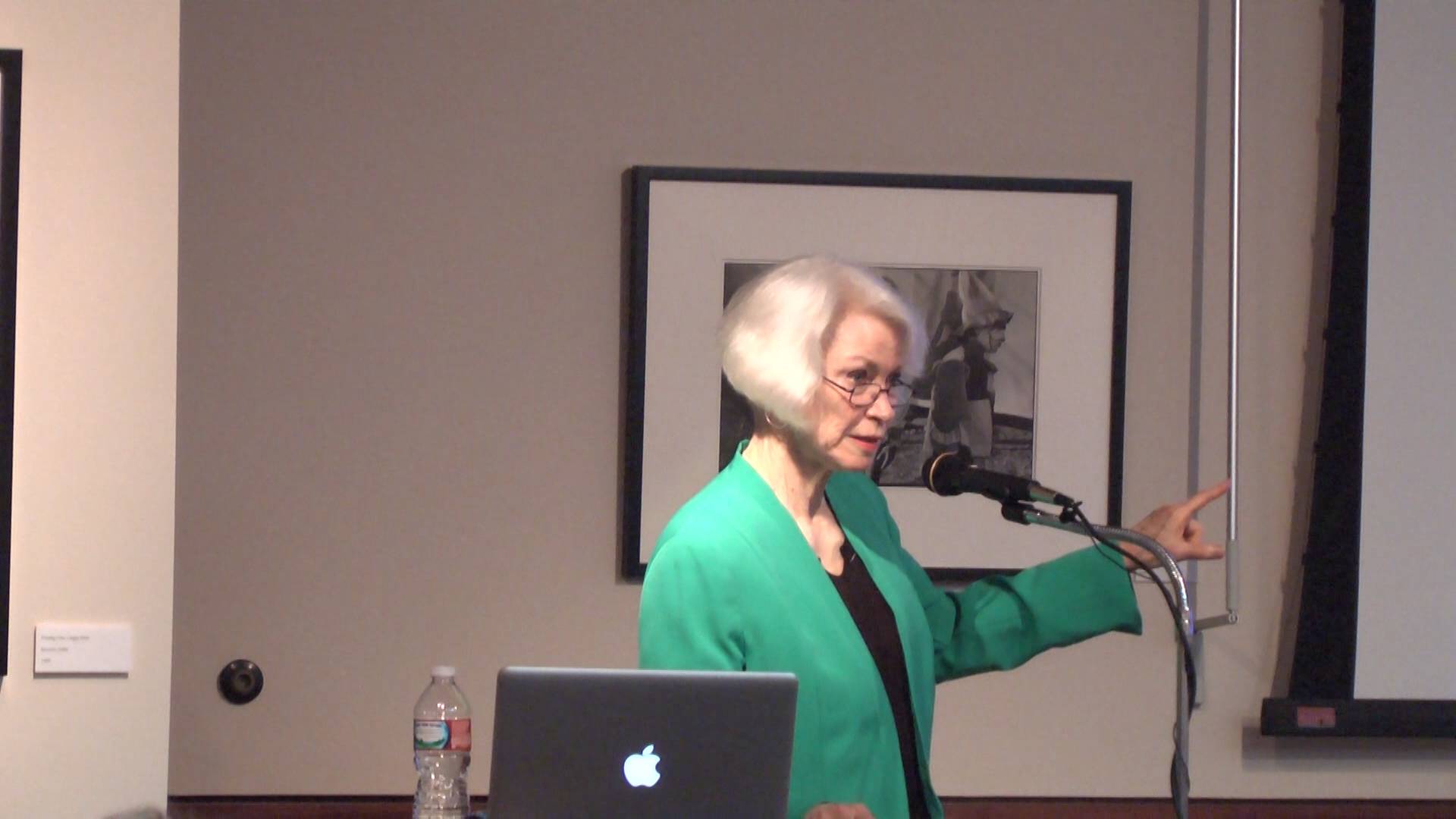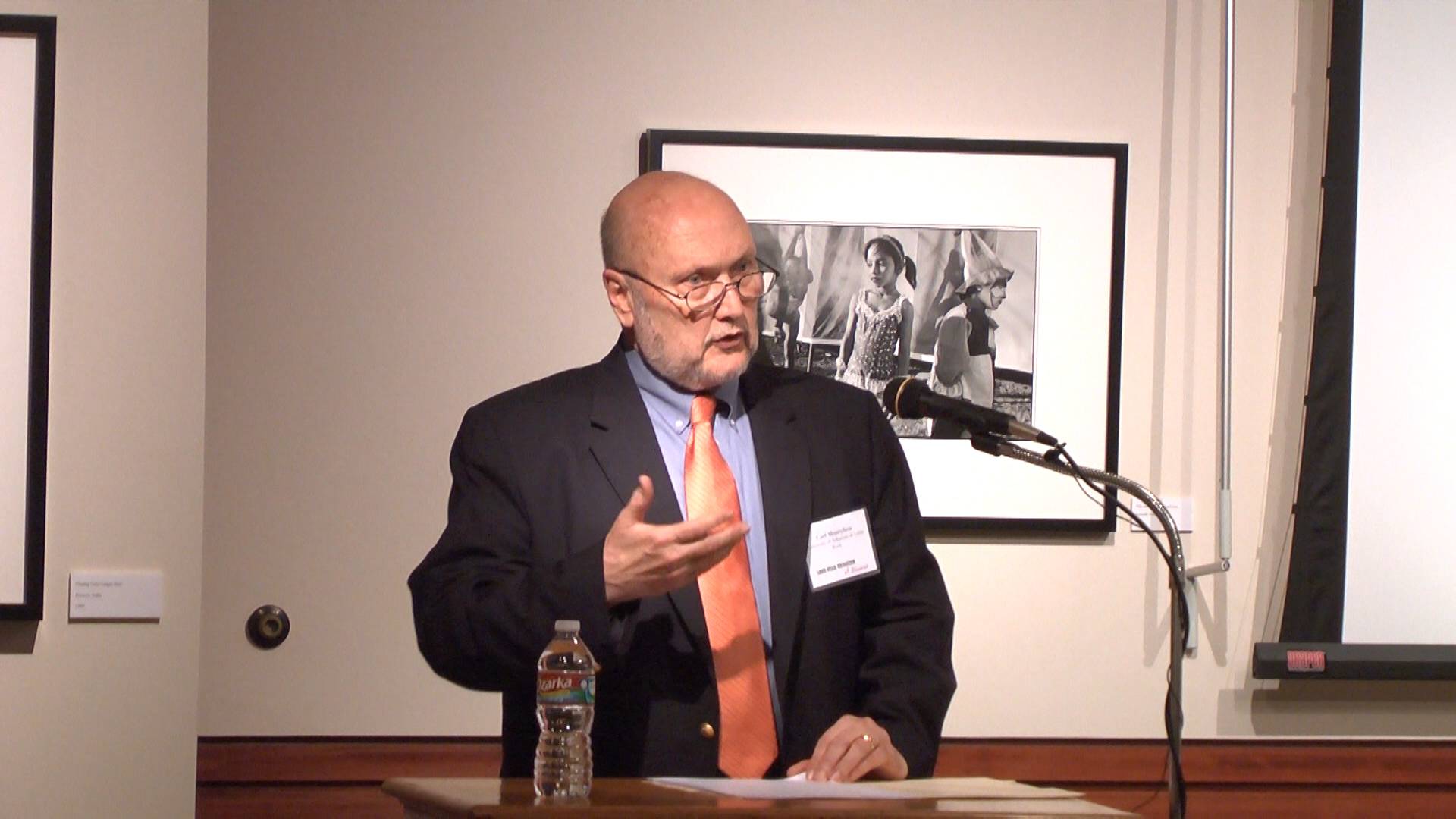East Texas Unionism
During the Civil War, Warren Jacob Collins of Hardin County, Texas, led a band of guerrillas that hid out in East Texas’s Big Thicket. Collins’s occasional appearance in Texas folklore as a backwoods, bare-knuckled fighter or, alternatively, the “Daniel Boone” of East Texas, has long obscured the deeply-held political views that led him (and six of his brothers) to support the Union against the Confederacy. A careful study of the Texas Collins brothers and the Big Thicket uprising reveals the uprising’s yeoman roots as well as its direct ties to the more famous yeoman uprising in Mississippi known as the “Free State of Jones.” The political postwar evolution of Warren J. Collins in turn provides a window on connections between Southern Unionism and the rise of third party challenges to the Democratic Party.
Dr. Bynum is Distinguished Professor Emeritus of History at Texas State University-San Marcos. She earned her Ph.D. in History at the University of California, San Diego and taught Antebellum, Civil War, and Women’s history in San Marcos from 1986 to 2010. She is the author of four books and numerous articles in various anthologies and journals, including The Long Shadow of the Civil War: Southern Dissent and Its Legacies (University of North Carolina Press, 2010), The Free State of Jones: Mississippi’s Longest Civil War (University of North Carolina Press, 2001, film rights purchased by Universal Pictures in 2007) and Unruly Women: The Politics of Social and Sexual Control in the Old South. (University of North Carolina Press, 1992). Along with various awards for scholarship and teaching from Texas State University, Bynum is the recipient of a National Endowment for the Humanities fellowship, the Lawrence T. Jones III Research Fellowship, Texas State Historical Association, and the Lena Lake Forrest Fellowship, Business and Professional Women's Foundation, Washington, D.C.




